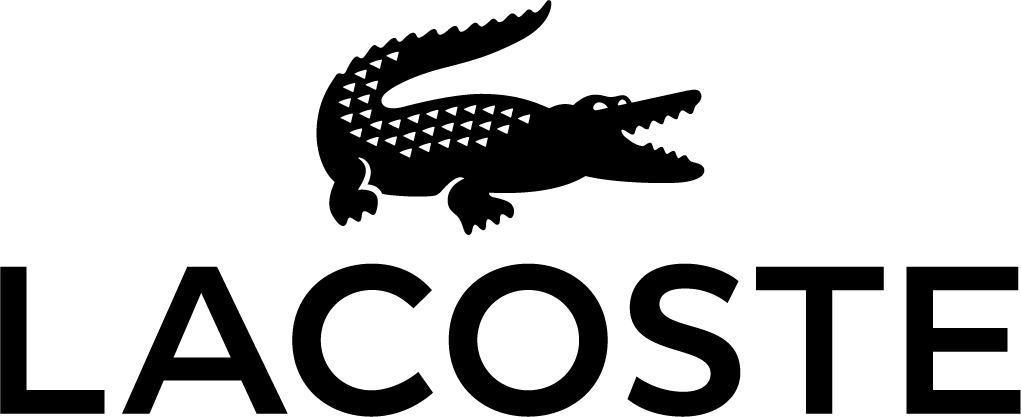
Vision therapy is a treatment plan that is intended to develop and improve a patient’s visual skills and abilities, with the goal of making their day-to-day life easier. You may also hear Vision Therapy referred to as VT. Although most commonly associated with children, whose visual skills are still naturally developing, adults can also benefit from vision therapy.
Any patient who does not have the necessary visual skills could find themselves suffering from a range of unpleasant symptoms, including headaches, eye fatigue, stiff neck, and double vision. Fortunately, vision therapy is a simple, painless technique to help patients to enhance their visual skills and overcome any issues that they may have been experiencing.
Skills that can be developed and improved through vision therapy
Vision therapy has been shown to be an effective way of developing and improving the following visual skills, all of which are important for day-to-day life.
Tracking: this refers to the ability to follow a moving object smoothly and accurately with both eyes – such as moving traffic or a ball coming towards you.
Depth perception: this is the ability to judge relative distances of objects and move accurately in a 3D space – for example, being able to walk down a flight of stairs.
Peripheral vision: this refers to the edges of your vision and your ability to assess what’s happening in your peripheral vision while paying attention to something directly in front of you.
Acuity at different distances: this is the ability to see clearly enough to identify and understand objects at both near and far distances.
Fixation: enabling patients to quickly and accurately look at, identify and understand stationery objects one after the other, for example, reading word to word.
Binocular vision: the ability for both eyes to work together in perfect synchronization.
Shifting focus: patients with this skill can look quickly at different distances without momentary blur.
Visualization: a valuable visual skill that enables patients to form and retain images in their head.

What to expect from a vision therapy appointment?
Vision therapy is generally conducted as an in-office treatment, under the close supervision of your eye doctor. Each vision therapy treatment plan is personalized; tailored to the specific individual needs of each patient. Most patients can expect to schedule hour appointments once or twice a week. You may also be given specific exercises to complete at home, which will support the progress that you are making during your in-office appointments. The components of Vision Therapy Treatment are non-invasive and drug-free, making VT suitable for the vast majority of patients, regardless of their age, health and history. For many people, vision therapy is a safe alternative to conventional eye surgeries.
There are various techniques that can be involved in vision therapy. These include, but aren’t limited to:
Prisms
Patches
Occluders
Therapeutic lenses
Exercises
The use of tools designed specifically for use in vision therapy exercises
By attending regular vision therapy appointments, patients can see an improvement in their vision, visual comfort and experience an overall improvement with the ease in which they use their eyes for daily activites.































